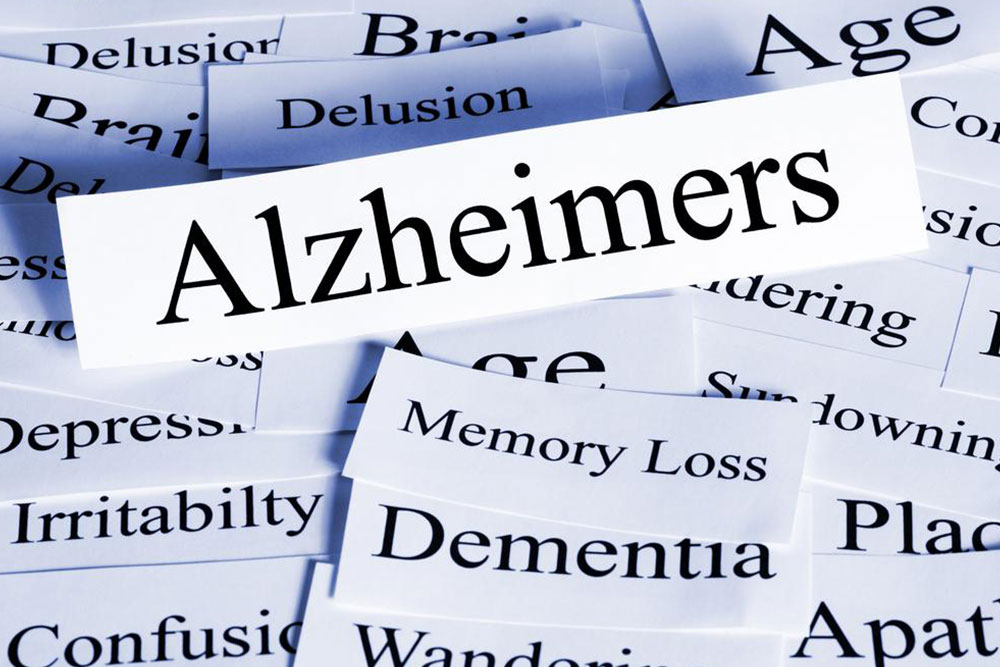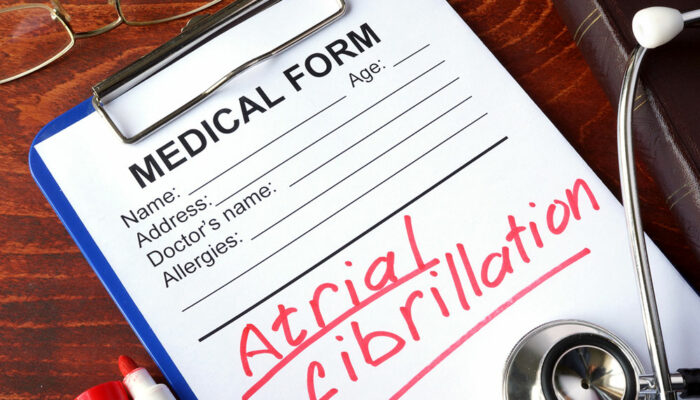
Symptoms and stages of Alzheimer’s disease
It is common for people to have episodes of forgetfulness. However, in the case of people with Alzheimer’s forgetfulness is an addition to certain ongoing behavior and symptoms that worsen over time. Some of such symptoms are:
- Memory loss that affects normal day to day activities.
- Inability to do familiar tasks.
- Having problem-solving difficulties
- Speech or writing difficulties
- A decrease in judgment levels
- Being disoriented with regard to time or places
- A decrease in personal hygiene
- Personality and mood changes
- Societal withdrawal (family, friends, and community)
Depending on the stage of the disease, the symptoms usually vary. When the disease progresses the symptoms become severe. At this stage, control over physical functions are lost and dependency on caretakers increases. They tend to sleep more often too. Recognition of loved ones and communication is poor.
Symptoms of severe Alzheimer’s disease are:
- Loss of weight
- Seizures
- Lack of control in bladder and bowel movement
- Infections of the skin, making groaning, mourning or grunting sounds
- Difficulty in swallowing
People with the last stage Alzheimer’s disease also have to deal with complications arising due to loss of physical function. They are at risk of getting pneumonia due to difficulty in swallowing which results in inhaling liquids into the lungs. They are prone to suffer from dehydration and malnutrition due to this condition. The risk of bedsores is also high when there is limited mobility.
The symptoms of Alzheimer’s gradually worsen over time which is why Alzheimer’s is known as progressive disease. There are seven stages of symptoms in Alzheimer’s.
- Stage 1 – no symptoms are seen at this stage but based on family history an early diagnosis can be made. Here caregiver support is not very important as the patient is fully independent.
- Stage 2 – One of the earliest symptoms such as forgetfulness begins to appear. They might forget familiar words or a family member’s name or even misplace things often.
- Stage 3 – Symptoms that can be noticed only by close people appears in this stage. Mild mental and physical impairments such as poor memory and concentration appear.
- Stage 4 – Inability to perform basic day to day task and memory loss is evident. Alzheimer’s is mostly noticed and diagnosed at this stage. There are also symptoms of withdrawal, denial and mood changes.
- Stage 5 – Symptoms move from moderate to severe where help from loved ones or caregivers become important. They find it difficult to recall their address, weather conditions and major events.
- Stage 6 – There is an increased decline in physical functions and the patient needs to be helped with even basic task such as eating and dressing up. They display personality changes and experience paranoia.
- Stage 7 – This stage is considered to be the final and most severe stage. Here there will be a loss of speech and facial expressions along with other symptoms. Body movements become rigid causing severe pain. They could also develop infantile reflexes like sucking. Pneumonia is a frequent cause of death in this stage.




